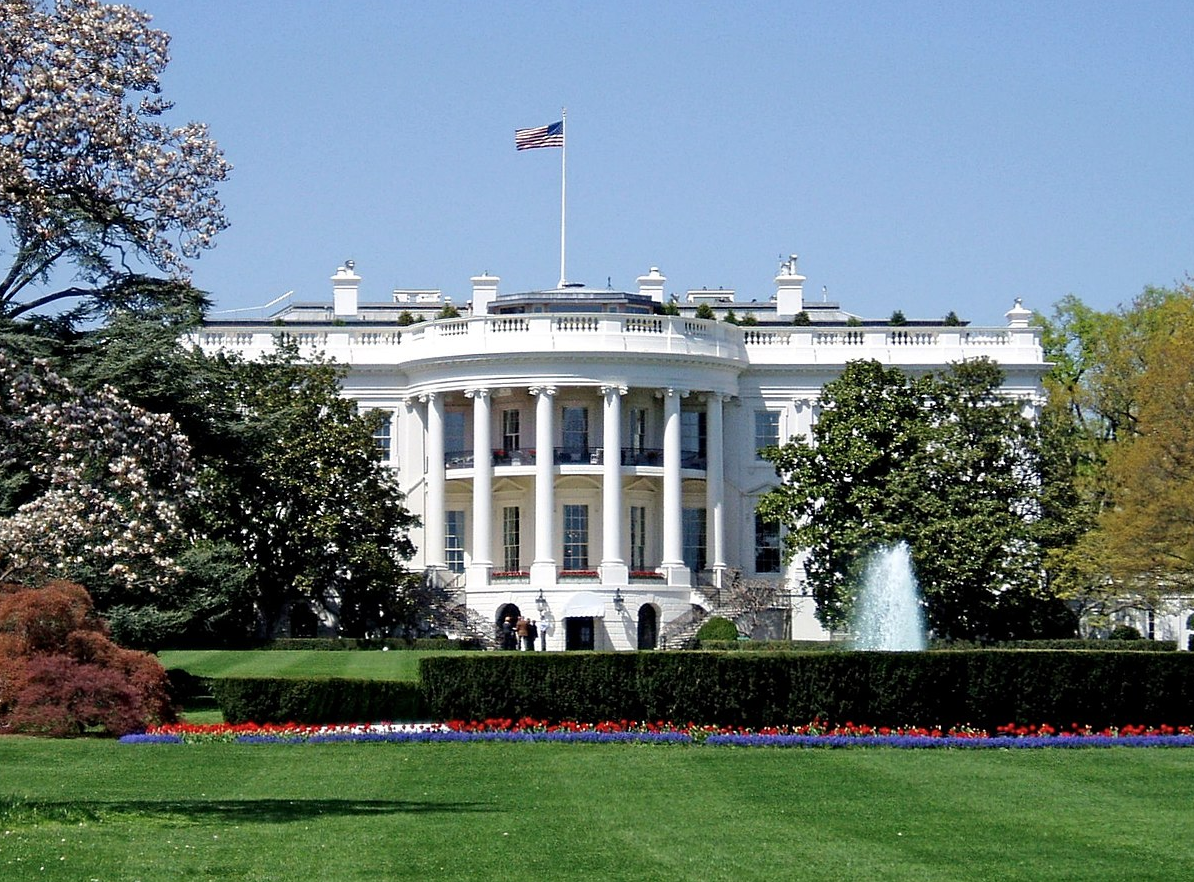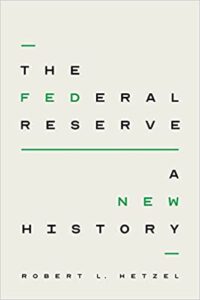
In his new book entitled The Federal Reserve: A New History, Robert Hetzel notes the following:
The 1912 Democratic Platform opposed “the so-called Aldrich bill or the establishment of a central bank” and demanded “protection form the control of . . . the money trust”
A year later Woodrow Wilson signed the Federal Reserve Act.

One can find many similar examples throughout US history. President McKinley held dovish views on foreign policy, and then led us into war against Spain. The Democratic platform of 1932 promising a balanced budget. Lyndon Johnson warned that Goldwater would lead us into war in Vietnam. The examples are endless.
Does this mean that elections do not have consequences? I don’t think so, for several reasons. First, there are many examples of candidates fulfilling their campaign pledges after being elected. But in my view the most important role of elections is in encouraging good behavior. Leaders know that when the country does poorly, the incumbent is likely to be thrown out. This gives leaders more of an incentive to please the voters by producing peace and prosperity. Elections are a device for disciplining politicians.
It’s no surprise that elected leaders often abolish democracy when they are about to engage in ruinous ventures. Thus Hitler abolished German democracy in the 1930s, and Putin has abolished Russian democracy in recent years.

READER COMMENTS
robc
Feb 16 2023 at 4:43pm
I generally assume that anything Wilson did was the most evil approach possible.
Its probably an over-exaggeration, but not sure by how much.
Jim Glass
Feb 16 2023 at 7:01pm
You are spot on with this. And a very prominent world leader today spoke striking words of agreement with you back when he was younger, in a remarkable video interview…
That was in 2001. Too bad he forgot.
Jim Glass
Feb 16 2023 at 7:10pm
Sorry for that wall-of-text quote, but someone please point me to how to format paragraphs in blockquotes in this system. When I try, multiple paragraphs either get mushed all together or split into entirely different blocks. Anyhow, click the link — seeing & hearing the man speak the words is much more striking than reading them.
TGGP
Feb 17 2023 at 11:46pm
Russia has never had a democratic handover of power. I wouldn’t say Putin “abolished” something that didn’t exist in the first place. Also, he’s been in power long enough I wouldn’t say his rising to position of autocrat is recent.
ssumner
Feb 18 2023 at 12:10pm
Democracy is a matter of degree, but Russia is far less democratic than 10 or 20 years ago.
Comments are closed.